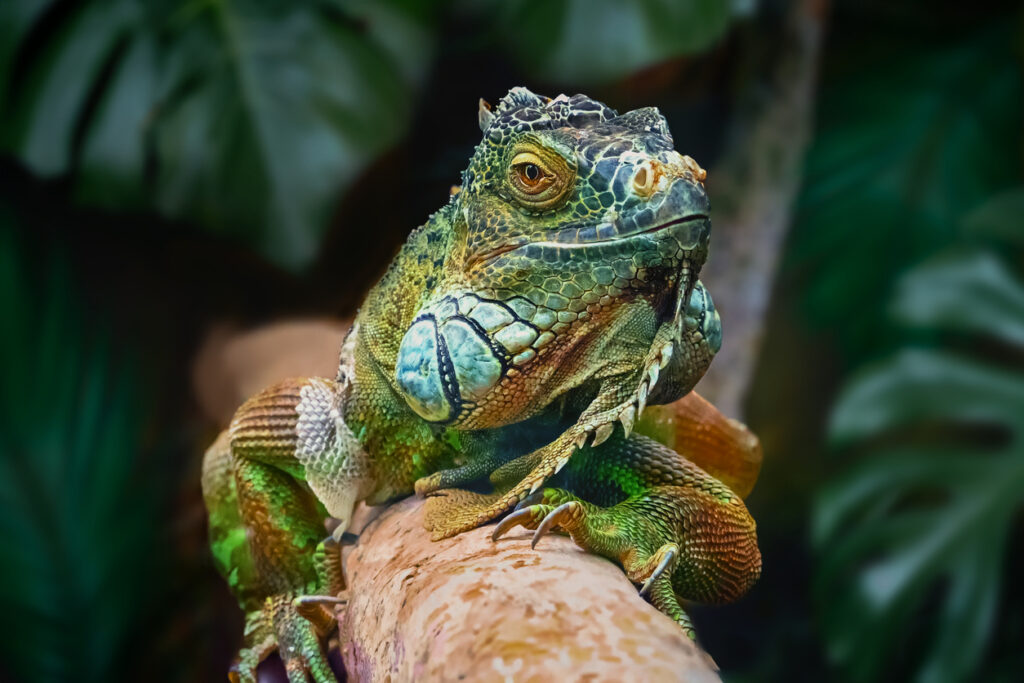Metabolic Bone Disease (MBD) is a serious and common condition that affects many reptile species, such as bearded dragons. MBD occurs when there is a deficiency of calcium and/or vitamin D3 in a reptile’s body. These nutrients are crucial for energy use, muscle function, and healthy bone formation and maintenance. When a reptile lacks calcium or vitamin D3, it can lead to several health issues.

Signs of Metabolic Bone Disease
MBD can manifest through a range of symptoms, including:
- Weakness and tiredness
- Difficulty standing or walking
- Twitching muscles
- Swollen legs
- Shortened snout
- Flexible or soft bones
- Scoliosis (curvature of the spine)
- Kinks in the spine or other bones
These changes can be permanent, making early diagnosis and prevention vital for your pet’s health.
Preventing Metabolic Bone Disease
Preventing MBD involves ensuring your reptile receives enough calcium and vitamin D3. Here’s how you can do that:
- Calcium-Rich Diet: Feed your reptile a diet that is high in calcium.
- UVB Light Exposure: Provide artificial UVB lighting in your reptile’s enclosure. UVB rays help reptiles produce vitamin D3, which is essential for calcium absorption.
- Gut Loading and Dusting Insects:
- For insect-eating reptiles (like geckos, bearded dragons, and chameleons), it’s important to “gut load” the insects before feeding them to your pet. This means feeding the insects calcium-rich foods and providing them with water.
- “Dusting” insects or other food items with calcium powder before feeding is another effective method.
Using both gut loading and dusting will help ensure your reptile gets the most nutrients possible.
What to Do If Your Reptile Shows Signs of MBD
If you notice any of the signs mentioned above, it’s crucial to contact a veterinarian who specializes in exotic pets. Early intervention can make a big difference in preventing the progression of MBD and improving your pet’s quality of life.
By taking these steps, you can help ensure your reptile stays healthy and thrives in its environment.